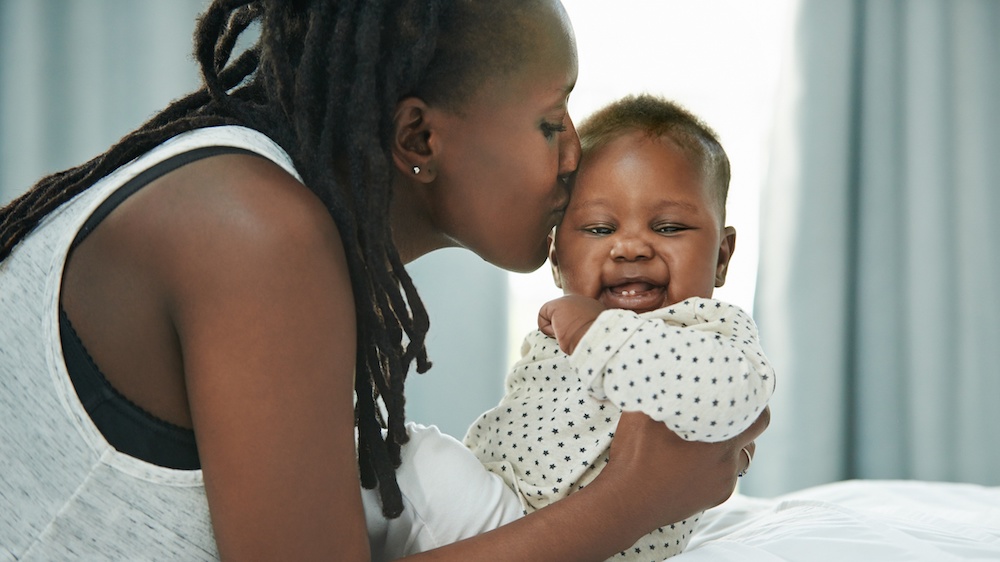If you’re interested in sharing your opinion on any cultural, political or personal topic, create an account here and check out our how-to post to learn more.
____
I wrote the topic for this op-ed before knowing what I even desired to say. Then one day as I was scrolling down my timeline, I saw a post that stated the following:
“As you get older, you really understand your parents had trauma, too — in an era with less therapy resources available. I had to stop being so angry.”
When I saw that post, it was the extra push I needed to write this entry.
When are we going to accept that our parents were just trying to figure it out, too? Now, yes we can fully stand and acknowledge that some upbringings were better than others. Some had better resources; some families actually planned for their children and provided them with excellent opportunities through savings and more. Then there are those of us whose parents literally did their best. They aimed to provide us with home-cooked meals at least four out of the seven days of the week, did their best to bring us to church (Sunday school and bible class, if you were raised like me) and let us participate in at least one extra-curricular activity to keep our childhood fun.
When I look back on it, my parents really did their best to make sure my sister and I didn’t have “idle time.” Perhaps our parents thought, “If I keep them busy, they won’t have any time to focus on the things we lack, how hard I’m working or how stressed I am personally and professionally.”
With these sacrifices, why is it that we judge our parents so harshly? As a mother myself, I am over-learning that sometimes we don’t have the answers and we overthink (often) when it comes to the well-being of our children. With me going to therapy and uncovering my own inner layers, it’s helping me see how to be gentle with my parents and my parenting. I’m uncovering the sacrifice of being a good parent and understanding how necessary it is to nurse my own sanity, because while I am a mother, I am a person first.
Forgive your parents for not knowing what you now know and have engulfed yourself in during adulthood, which is positivity, poise and purpose. Perhaps your parents’ purpose was to make sure their child had a sense of belonging, but life became too much for them and they didn’t recognize how to be there for you and themselves.
Building a relationship with your parents in adulthood is a hard yet necessary thing to do. Here’s a checklist to help you get started:
Check on your parents (and their mental health).
It’s OK to check-in and say, “How are y'all really feeling?” or “Do you need anything?”
The reality is, just like you recall things in your mind that you wish would have gone differently, so do they. The older they get, the more they reflect. Reassure them that you are here for them.
State your opinion on your upbringing in a freeing yet respectable manner.
OK, I get it. A lot of us don’t agree with how we were raised. But yelling at your parents is not going to change how they raised you. Book that therapy appointment.
Respect the sacrifice.
If nothing else, they brought you into this world whether they were ready or not. If you’re being honest about your own life, what was your initial reaction when you found out you were expecting a child? Because, whew chile. Let's not talk about mine.
Here’s to healing and forgiveness, ya’ll!
If nobody else says it, I love you for who you truly are (and I mean it).
